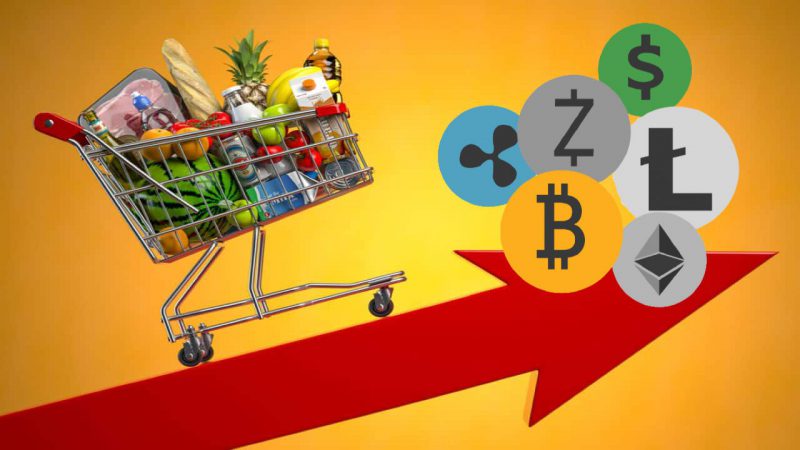The consumer price index (CPI) numbers came in on the 10th of August. Many were surprised by the favorable results. This led to a positive development in the crypto and stock markets. However, founder and director of the Trends Research Institute, Gerald Celente, thinks there is more to this than meets the eye.
In a YouTube live stream, Celente alleges that the game is “rigged.” Celente claims that the 8.5% inflation rate, with interest rates at 2.25 or 2.50 basis points, is incorrect. In fact, he believes that the true number is close to 17%. Celente cited data available on John Williams’ Shadow Stats. The website offers alternative data to the official economic numbers.
Although the stock and crypto markets reacted positively to the official numbers, Celente did not budge.
While touching upon gas prices going down, Celente says that grocery prices went up 13.1% in July, compared to a year ago. He stated,
“wages didn’t go up 13% (…) so eat gas and blow it out your a**.”
Celente believes that the inflation and interest rate numbers were artificially propped up. He believes that the US government fuelled the inflation numbers. Moreover, he alleges that a zero interest rate policy and over $6 trillion were dumped to artificially pump the numbers.
Celente also compared the US numbers to that of other countries such as Argentina, which witnessed a 71% inflation rate in July. The UK, on the other hand, recorded a 13% inflation rate for July.
How did the CPI numbers affect the crypto market?
Bitcoin (BTC) has rallied by up to 5% in the 7-day charts, while Ethereum (ETH) has done so by 16.6%. Over $50 billion flowed into the crypto markets within an hour of the numbers being announced. The current global crypto market cap stands at $1.19 trillion, down by 1.8% in the last 24 hours.
Additionally, the US President, Joe Biden, declared that the country has not entered a recession after the very definition of a recession was changed. Many pointed out that Wikipedia’s definition of “recession” was changed several times in less than 24 hours, before being locked.





